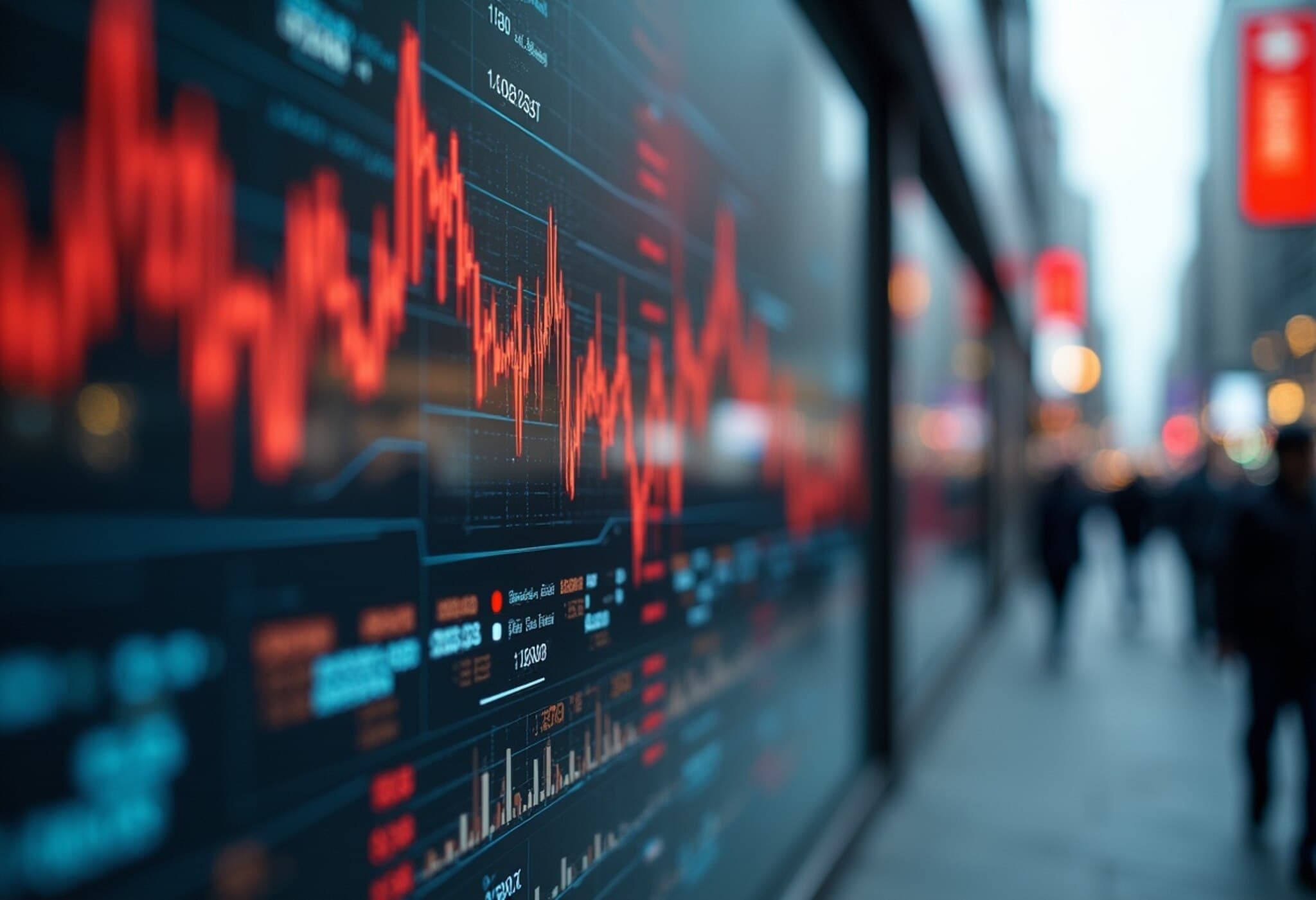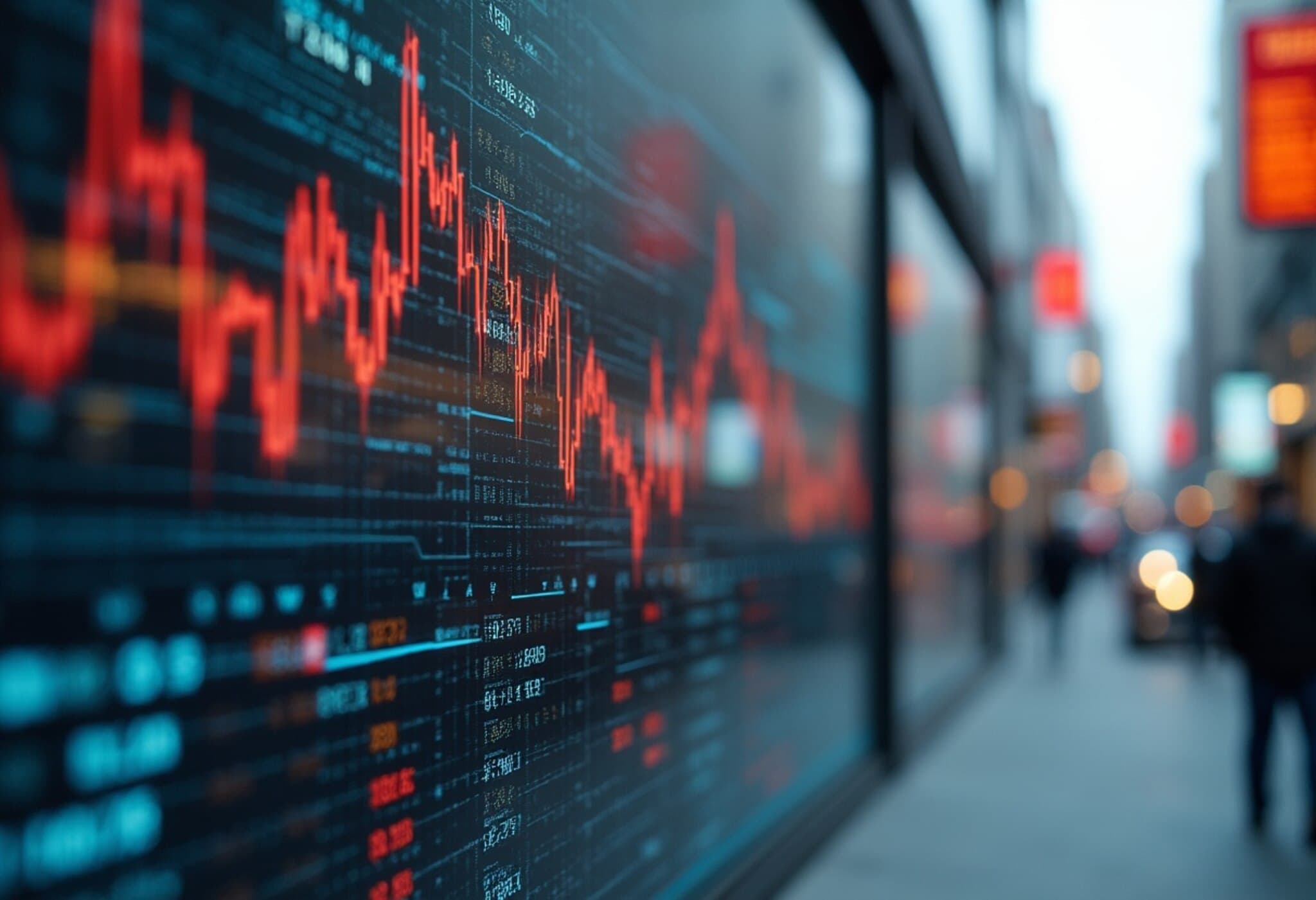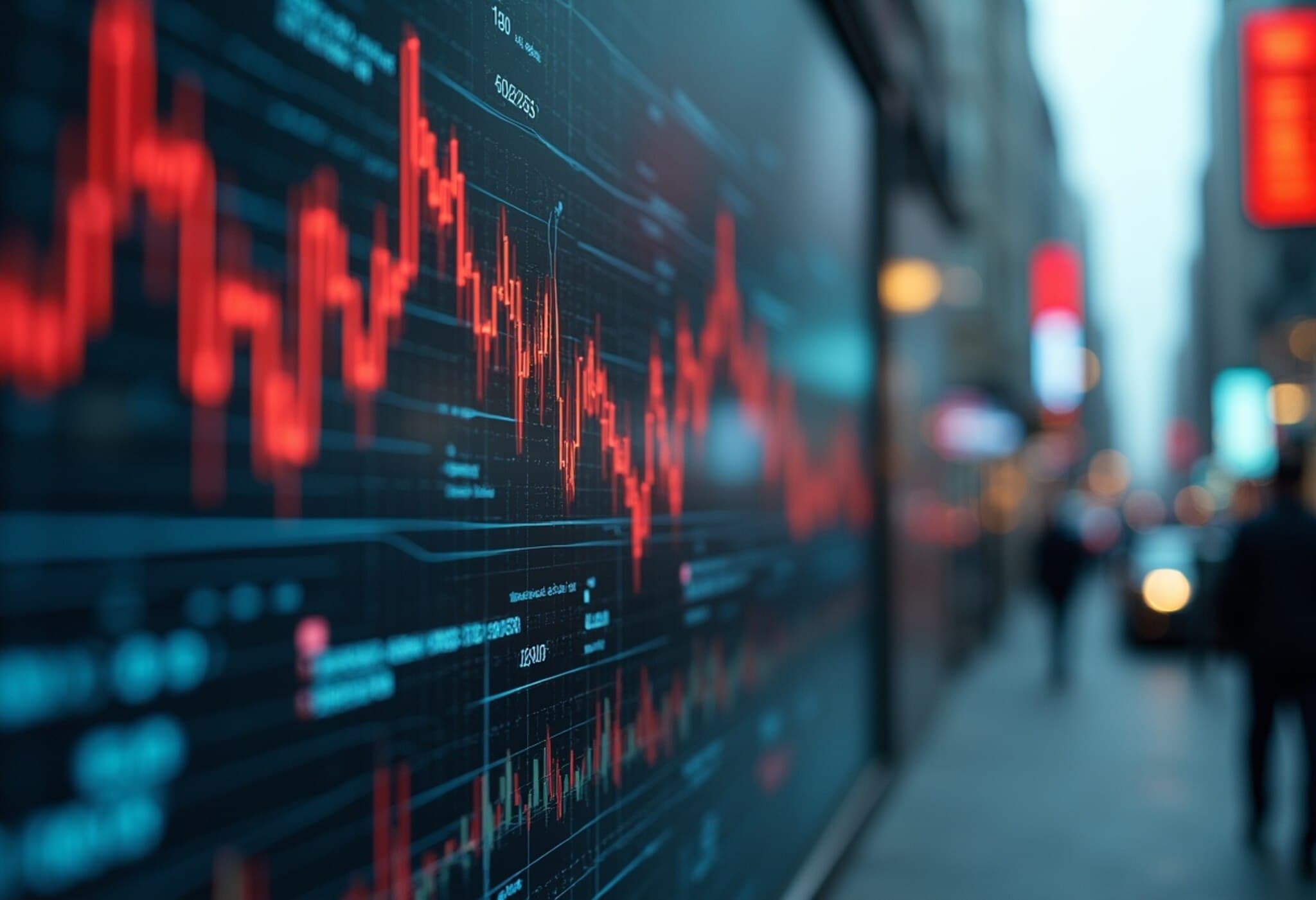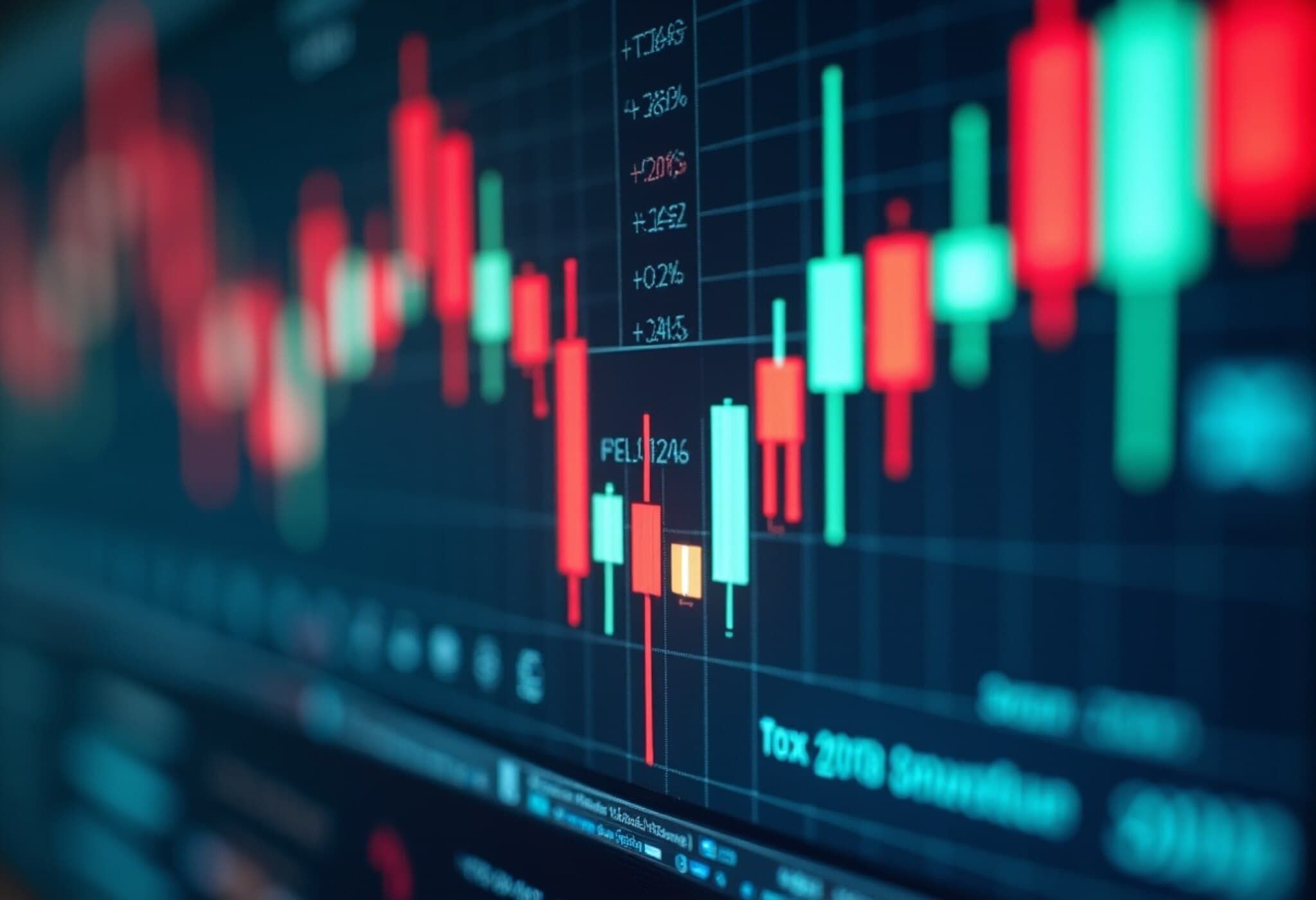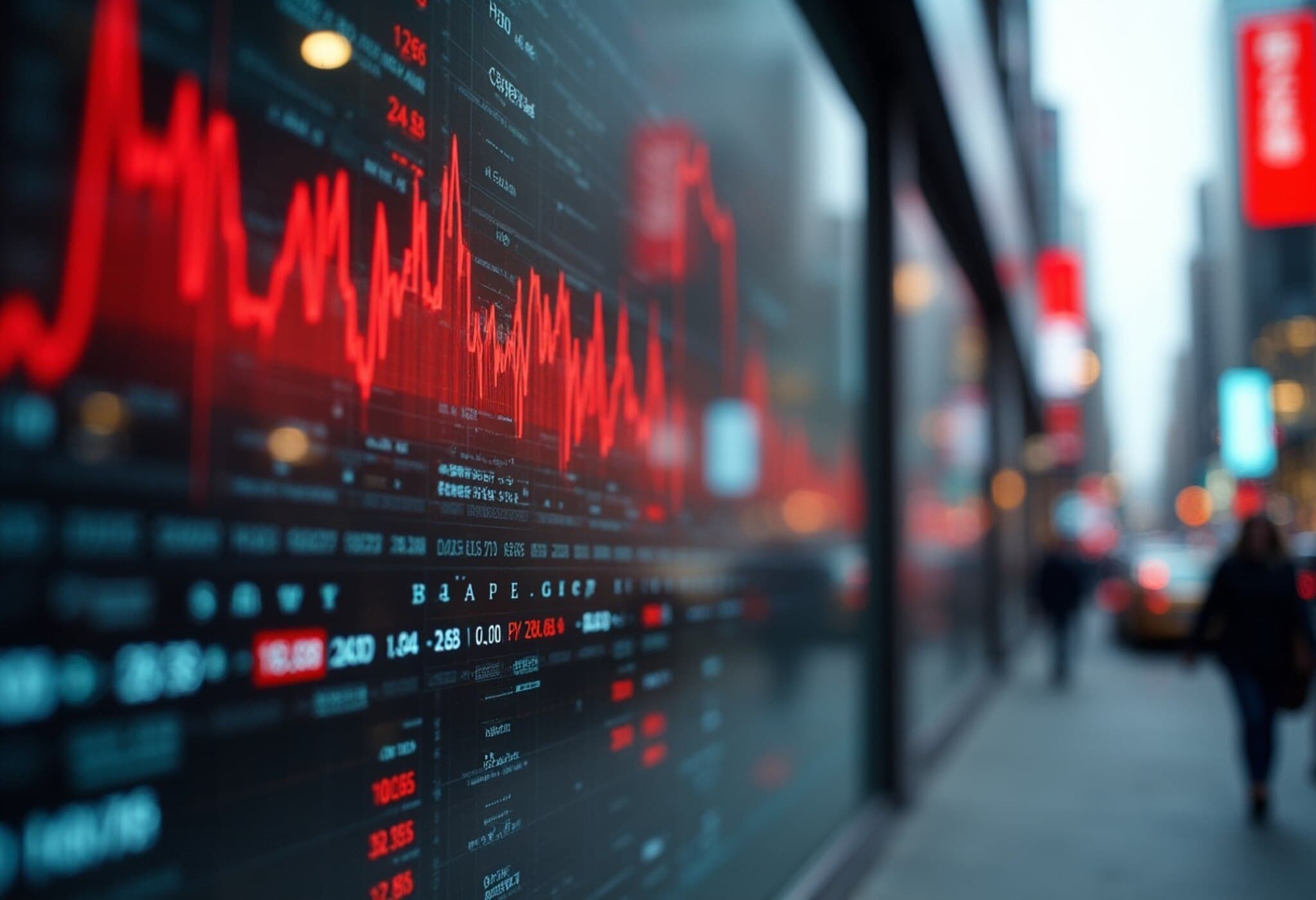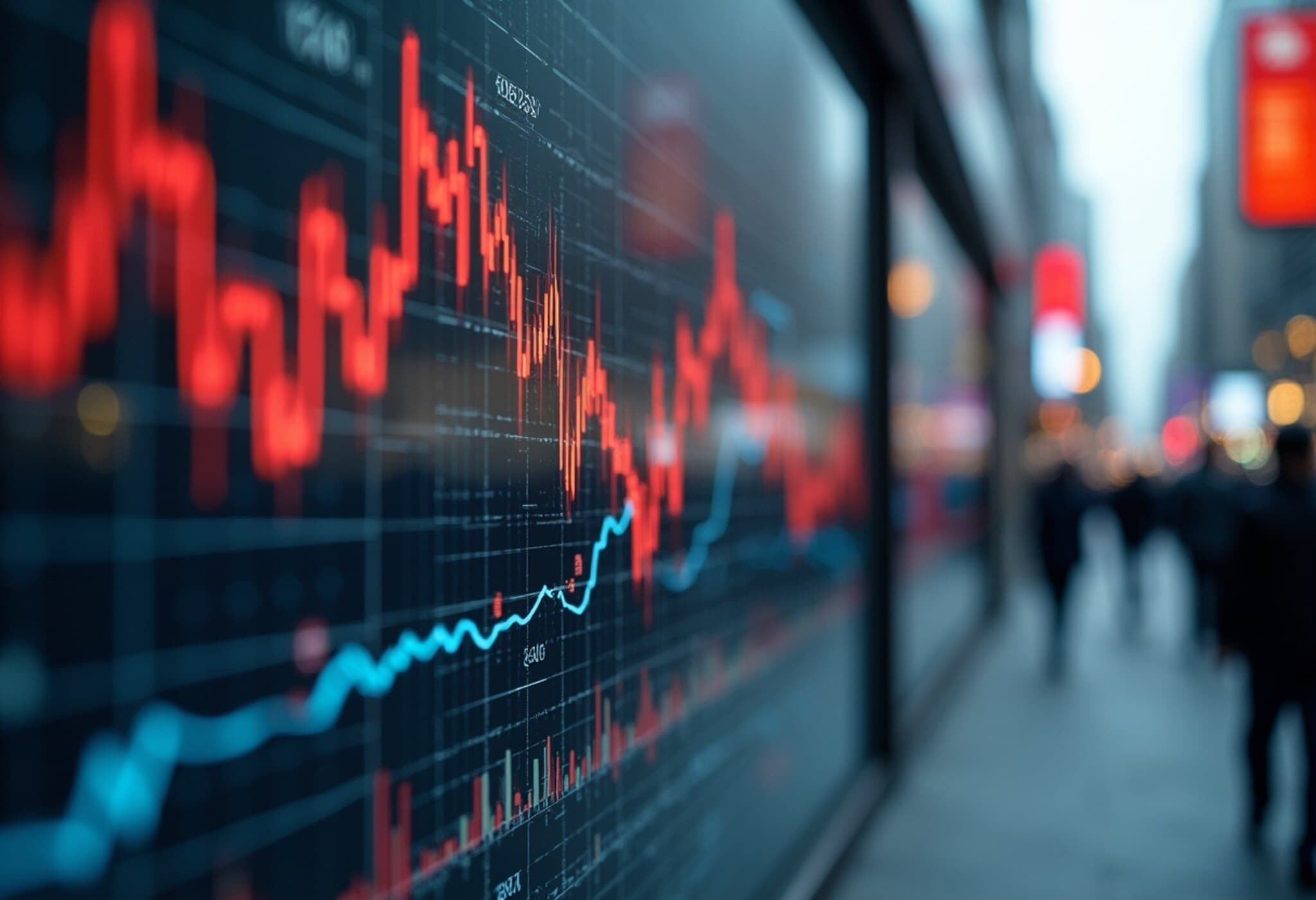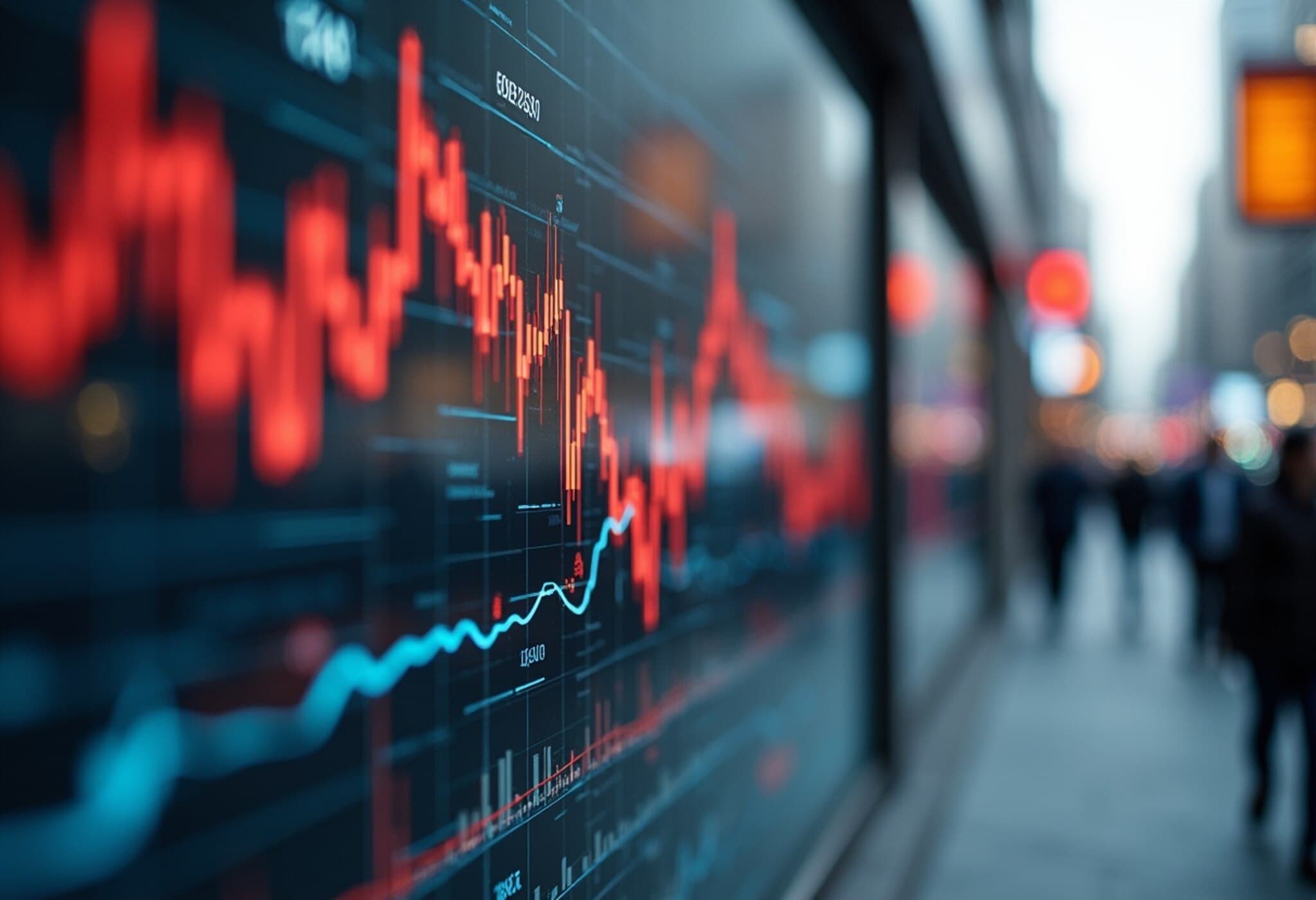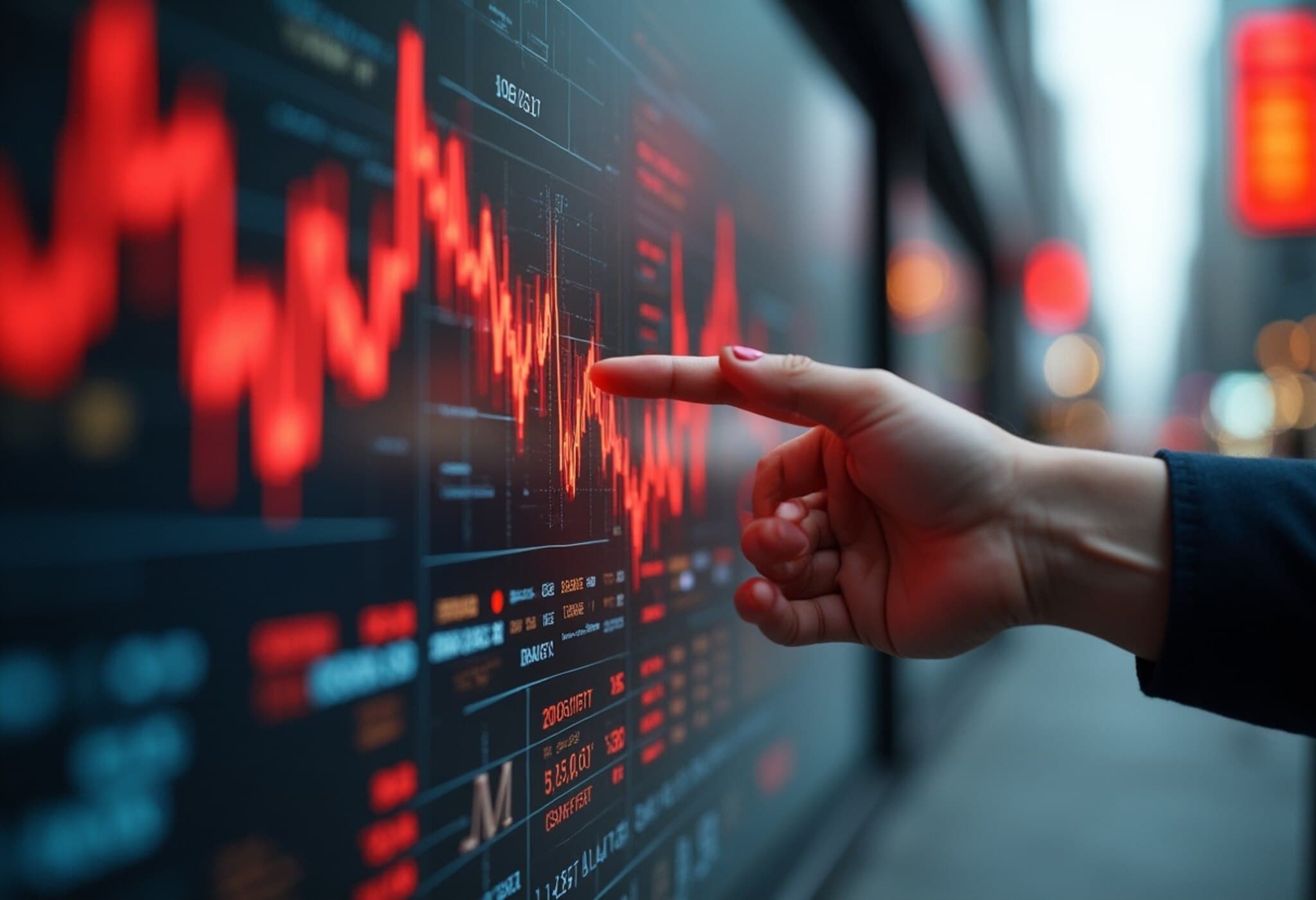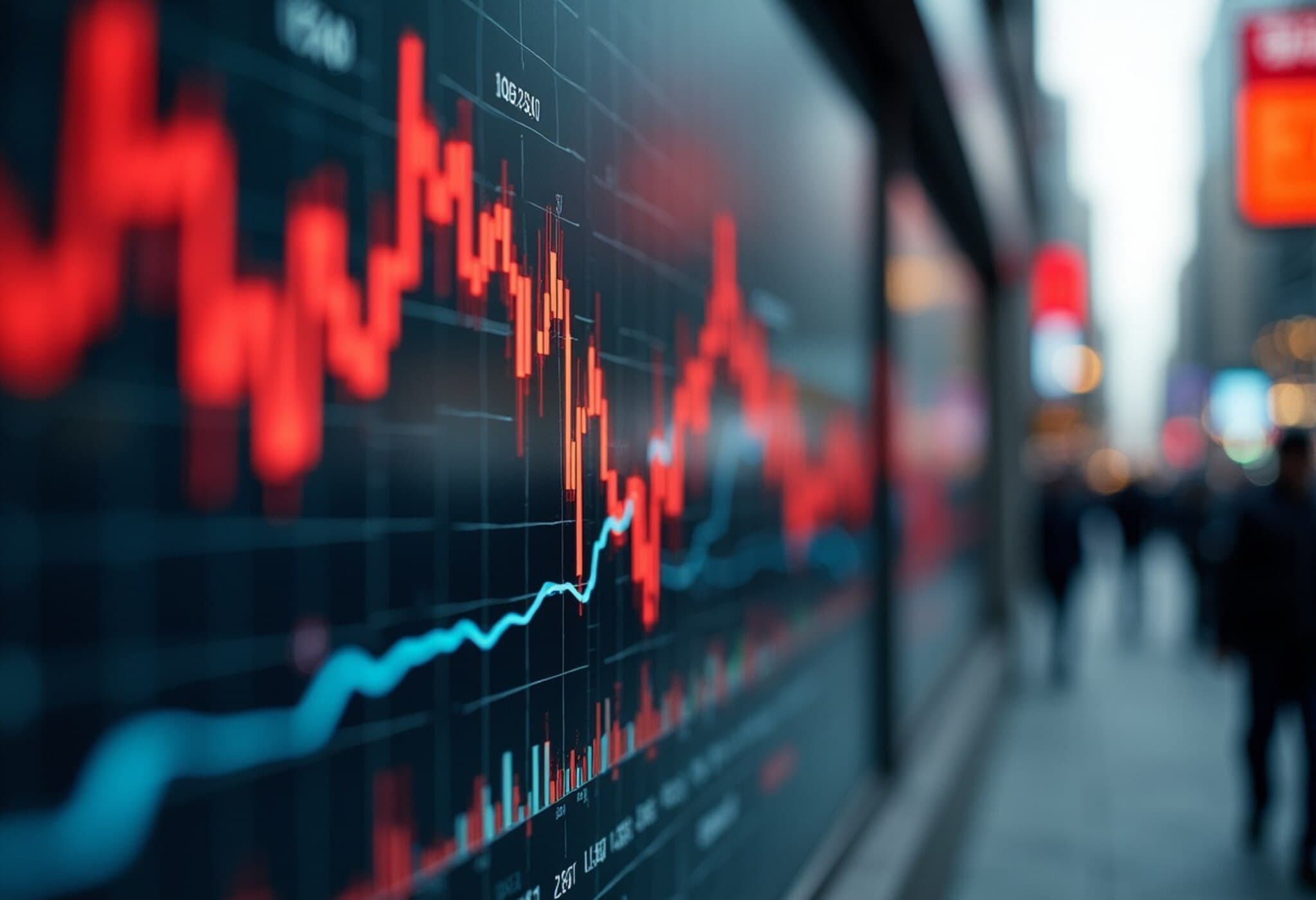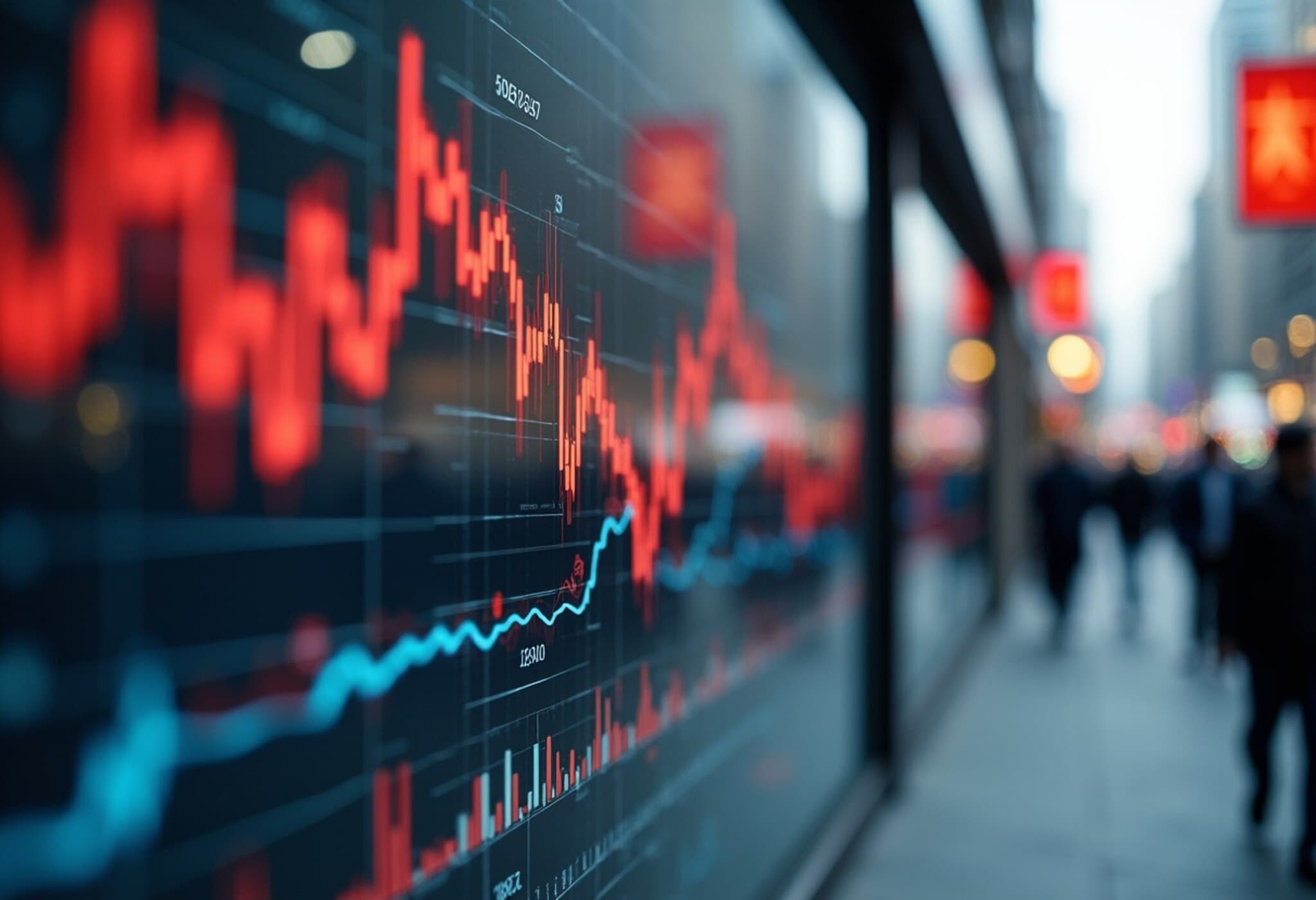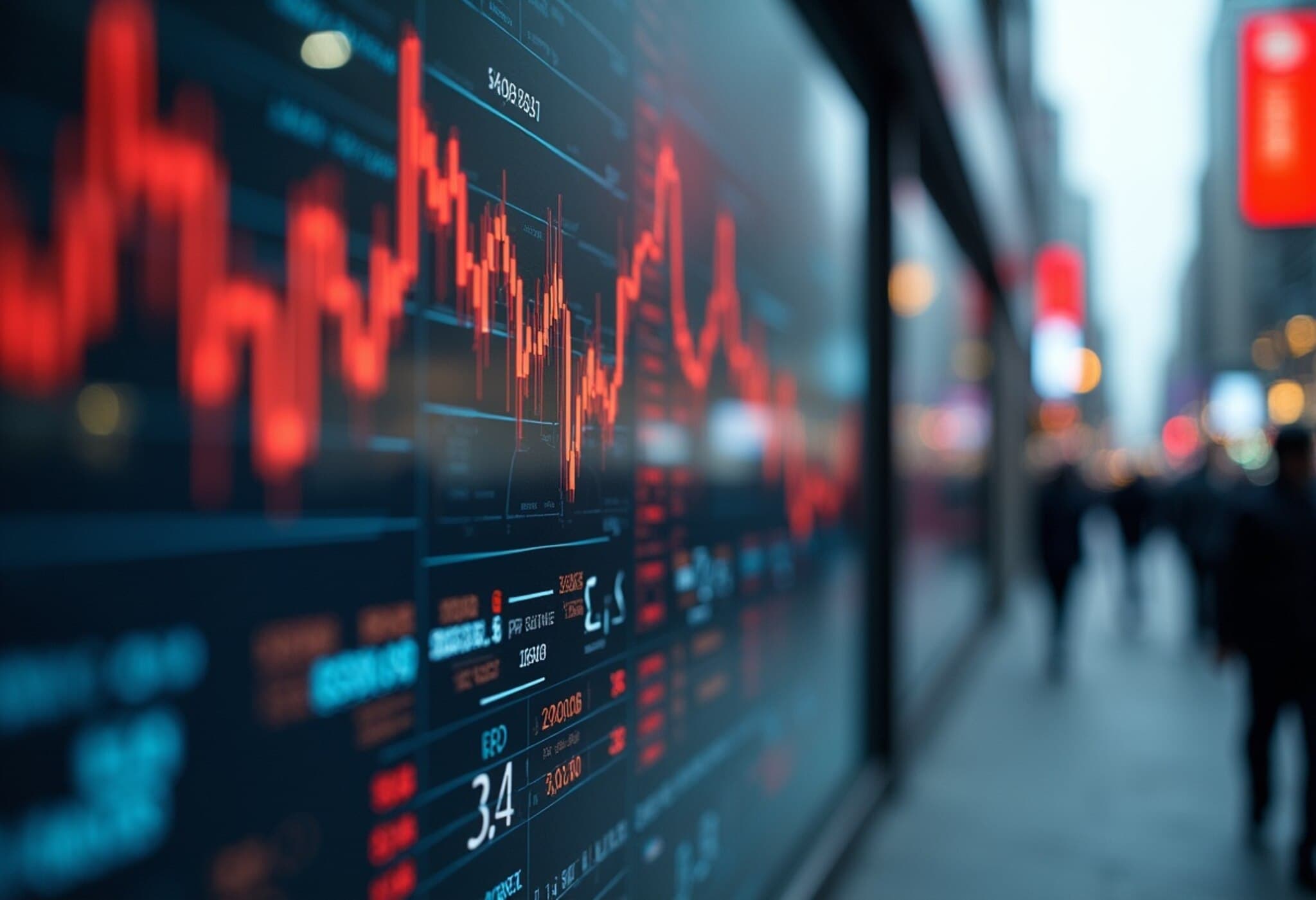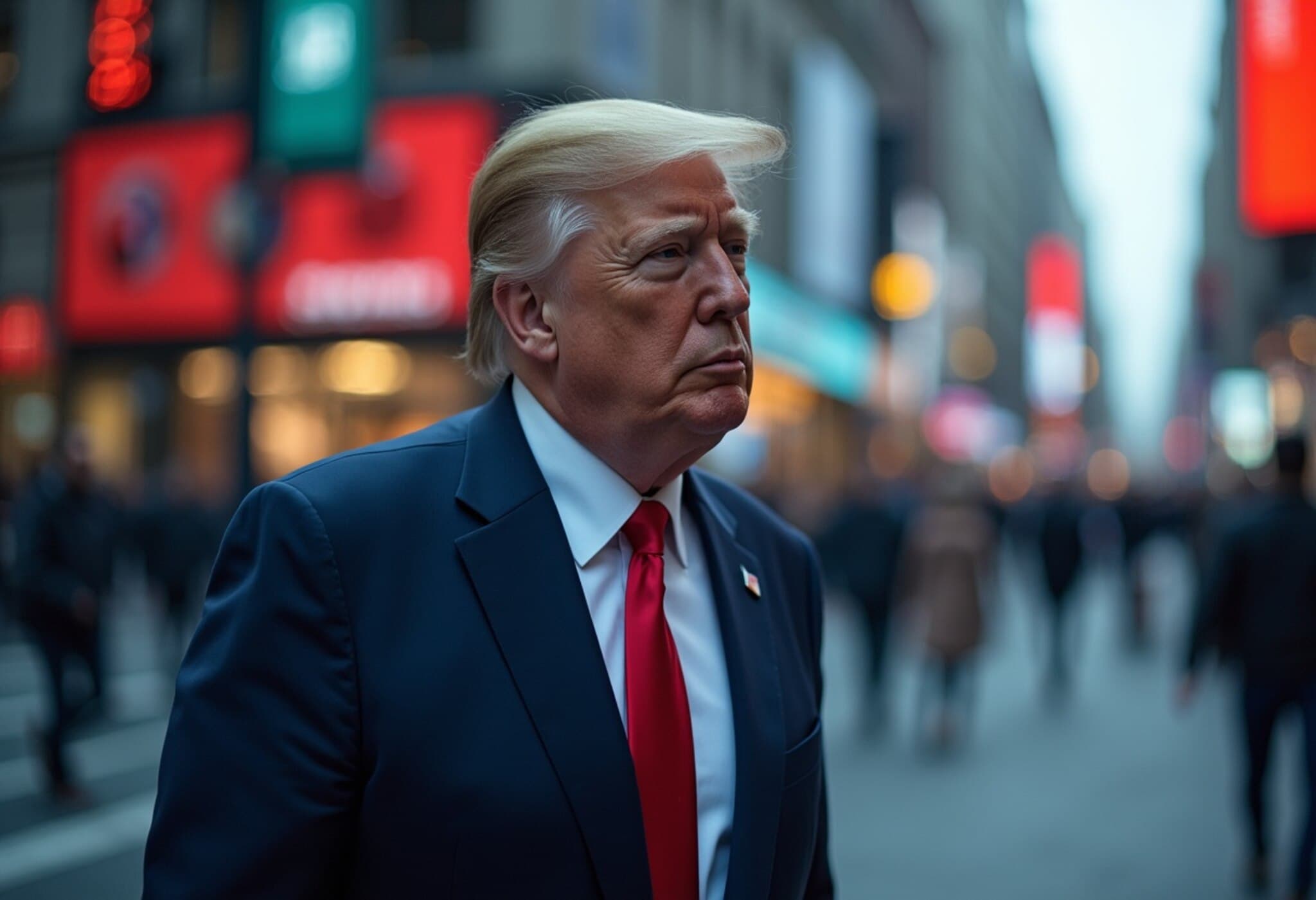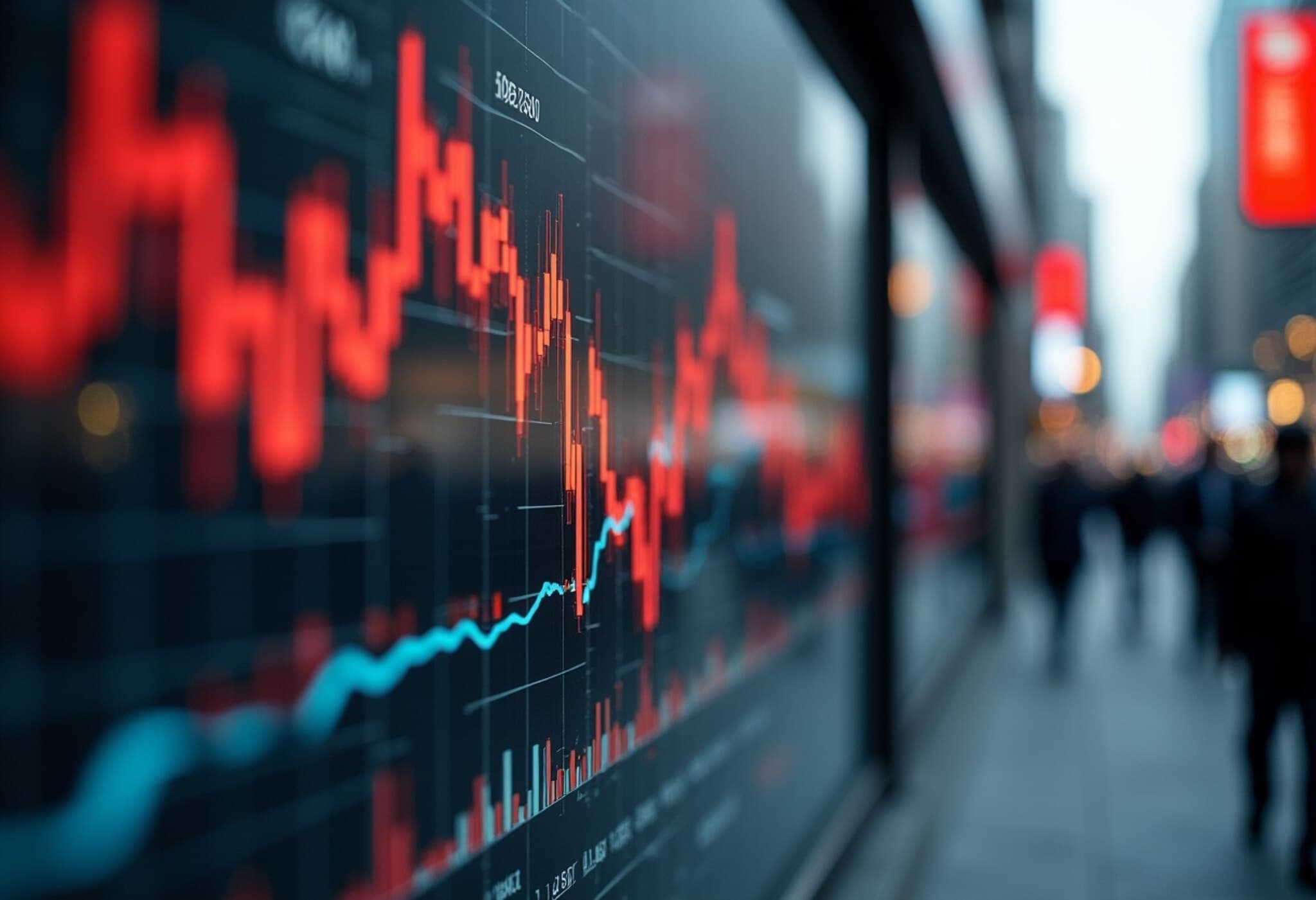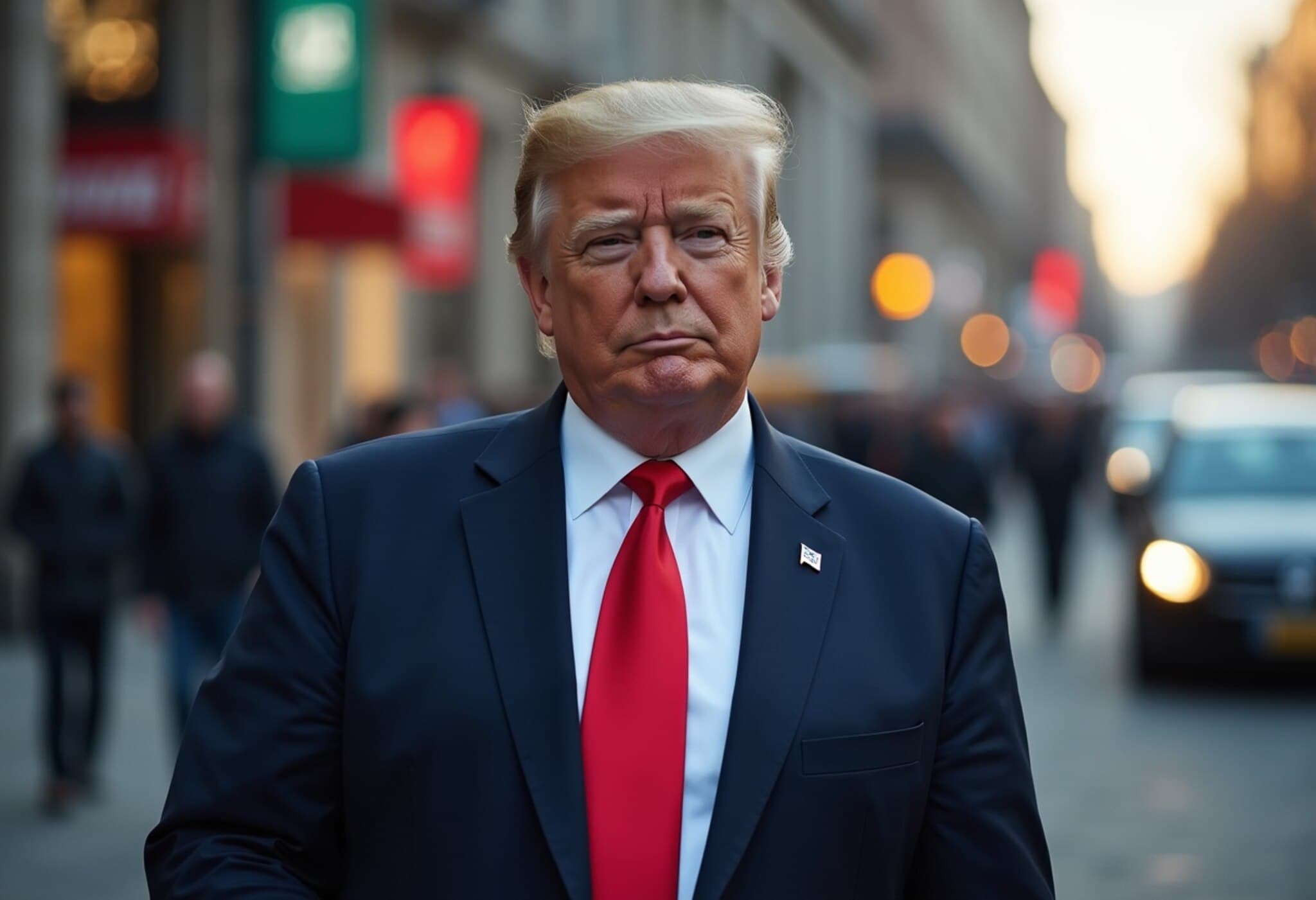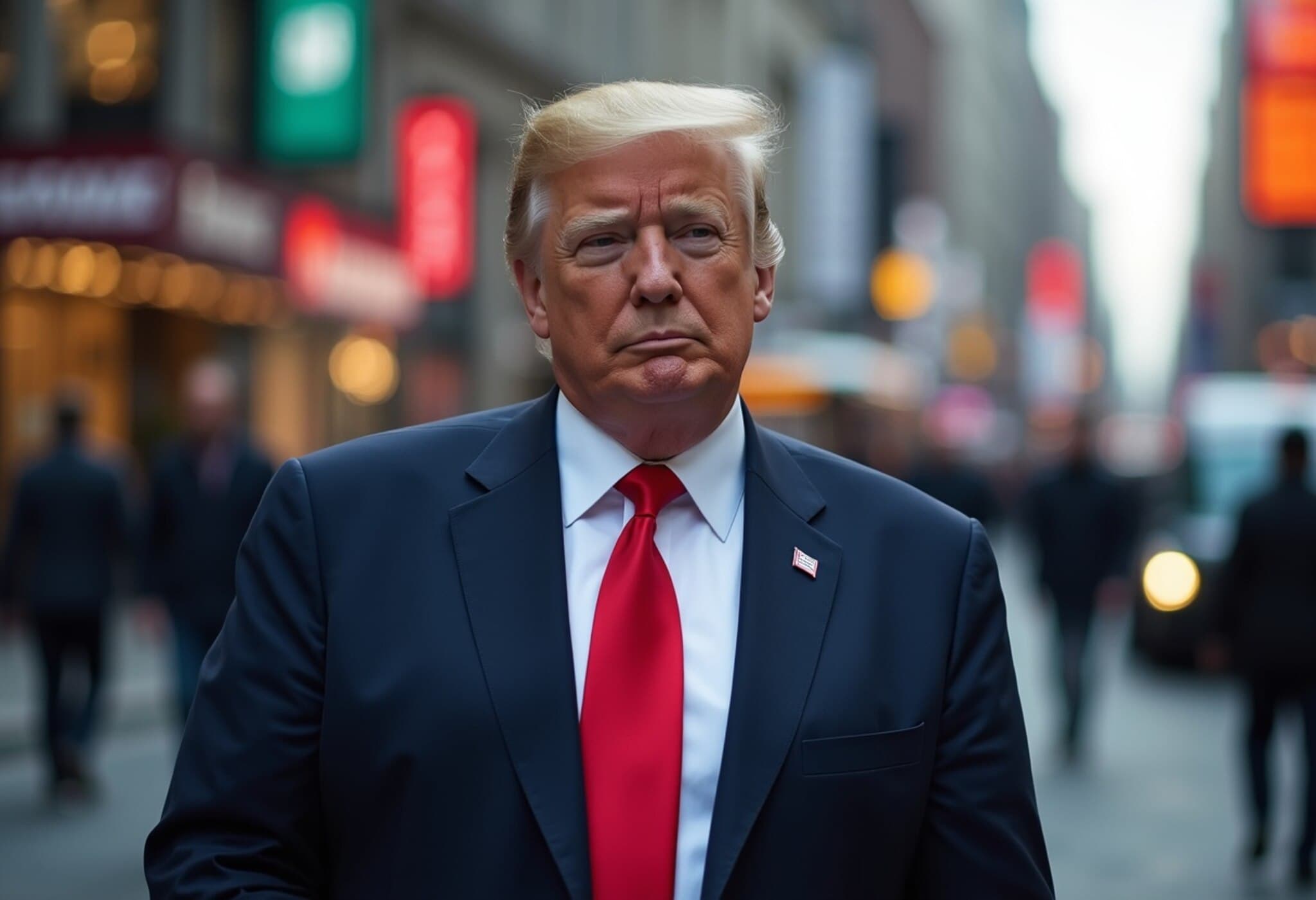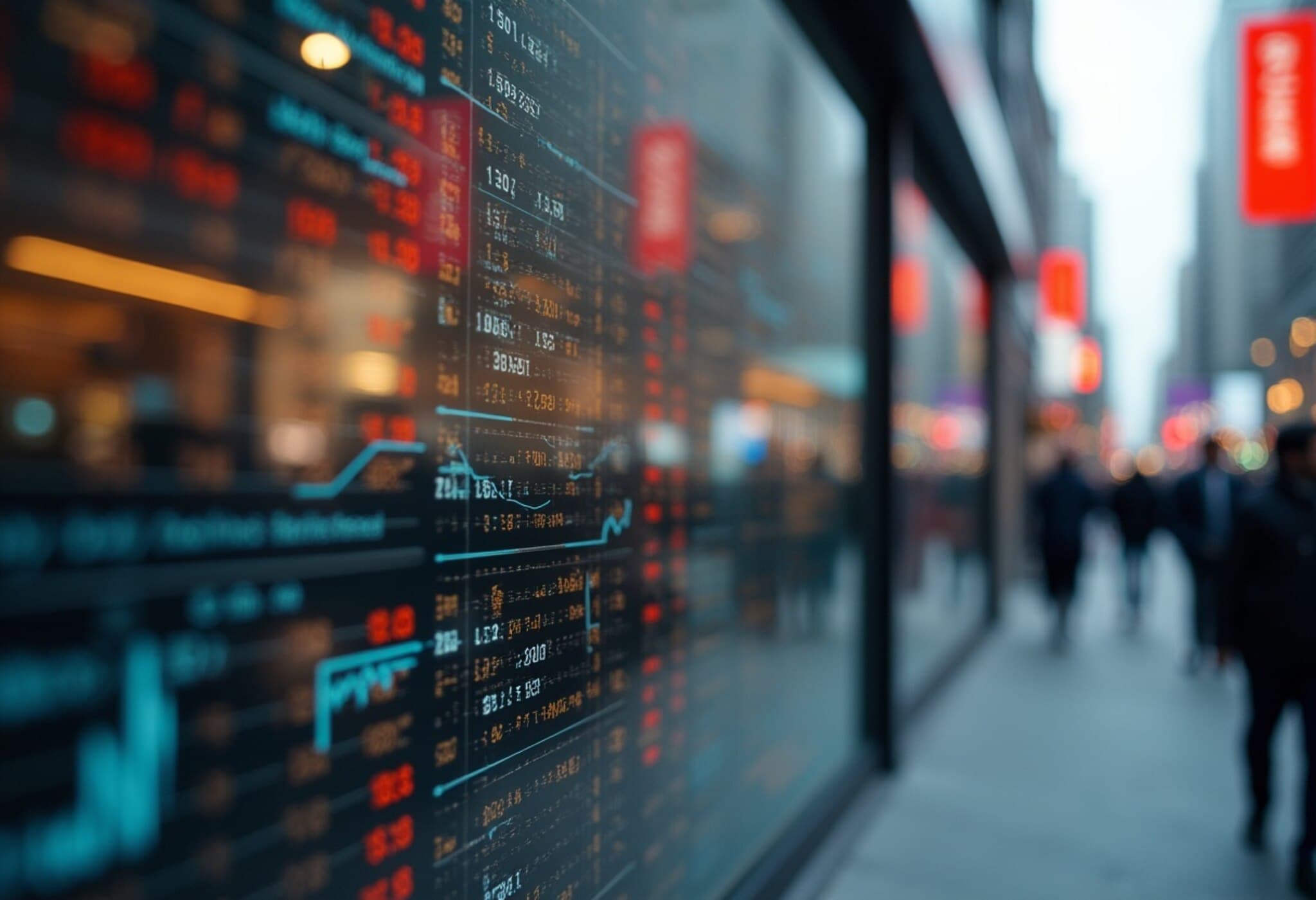European Markets Brace for a Rocky Start Amid Rising Trade Tensions
As European investors kicked off the trading day on Tuesday, the mood was cautious, with futures signaling a soft opening across major indices. London's FTSE 100 was poised to slip 0.3%, France's CAC 40 down by the same margin, Germany's DAX set to retreat 0.4%, and Italy's FTSE MIB anticipated a 0.4% decline. This subdued tone stems largely from escalating tariff uncertainties between the United States and the European Union.
Trade Conflict Clouds Investor Confidence
The backdrop to this market apprehension is U.S. President Donald Trump’s recent announcement of a proposed 30% tariff on European imports effective August 1. The EU remains optimistic about reaching a trade agreement to avert these tariffs, but negotiations continue to stall, creating an atmosphere of uncertainty. The bloc has warned it might retaliate if the U.S. proceeds with these punitive measures, potentially escalating into a tit-for-tat trade war.
Adding context, U.S. Treasury Secretary emphasized that imposing steep tariffs will exert additional pressure on global trading partners, intensifying market anxieties. For American and European businesses intertwined in supply chains, the stakes are high, with possible ripple effects on prices and economic growth.
Earnings Spotlight: Norsk Hydro’s Stellar Performance Contrasts Julius Baer’s Setback
Against this fraught trade environment, earnings reports from key European companies offered a mixed bag of news.
- Norsk Hydro: The Norwegian aluminum and renewable energy giant reported a robust 33% jump in core profits for Q2, beating expectations with 7.8 billion Norwegian kroner (~$766 million). The boost was largely driven by a surge in aluminum prices coupled with elevated energy costs, demonstrating the firm's resilience and strategic positioning amid global shifts toward sustainable energy.
- Julius Baer: The Swiss wealth management firm, in contrast, posted a first half net profit of 295 million Swiss francs (~$369.5 million), down 35% year-on-year and missing analyst forecasts. Julius Baer attributed the decline to increased loan loss provisions and charges linked to the divestment of its Brazilian wealth management division, highlighting challenges in navigating volatile emerging markets and restructuring efforts.
Market Implications and Investor Sentiment
These corporate results underscore a broader narrative: while some sectors and companies capitalize on commodity cycles and energy trends, others grapple with structural and geopolitical headwinds. For European markets, the juxtaposition of strong commodity-driven earnings and financial sector pressures reflects the complexity investors face as trade policies evolve.
Overnight Global Market Movements
Across the Atlantic, U.S. markets retained a positive momentum. The S&P 500 and Nasdaq Composite scored fresh record highs during Monday’s session, buoyed by pre-earnings optimism, particularly from leading technology firms. The Dow Jones Industrial Average, however, underperformed slightly, ending marginally lower. Meanwhile, in Asia, Japan’s equity markets exhibited mixed results following the ruling coalition’s loss of majority control in the upper house, indicating potential political uncertainties ahead.
The Bigger Picture: What Lies Ahead for Global Economies?
The looming tariff impositions, coupled with mixed earnings and political developments, present a challenging landscape for investors worldwide. Supply chains stand at a crossroads, and companies’ ability to adapt quickly will determine their success. Policymakers too face delicate balancing acts, as protectionist impulses risk undermining decades of liberalized trade, potentially slowing the global economic recovery post-pandemic.
Editor’s Note
As Europe's markets navigate the turbulent waters of trade disputes and economic shifts, the question remains: Will tariff tensions ignite a broader economic slowdown, or can negotiations and corporate adaptability mitigate the risks? Monitoring the evolving trade dialogue alongside corporate earnings will be critical for investors and policymakers alike. The stakes are high not only for European markets but for the global economic order, underscoring the importance of informed, nuanced engagement with these unfolding developments.

